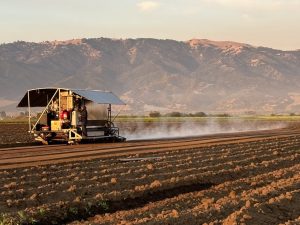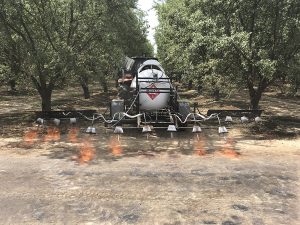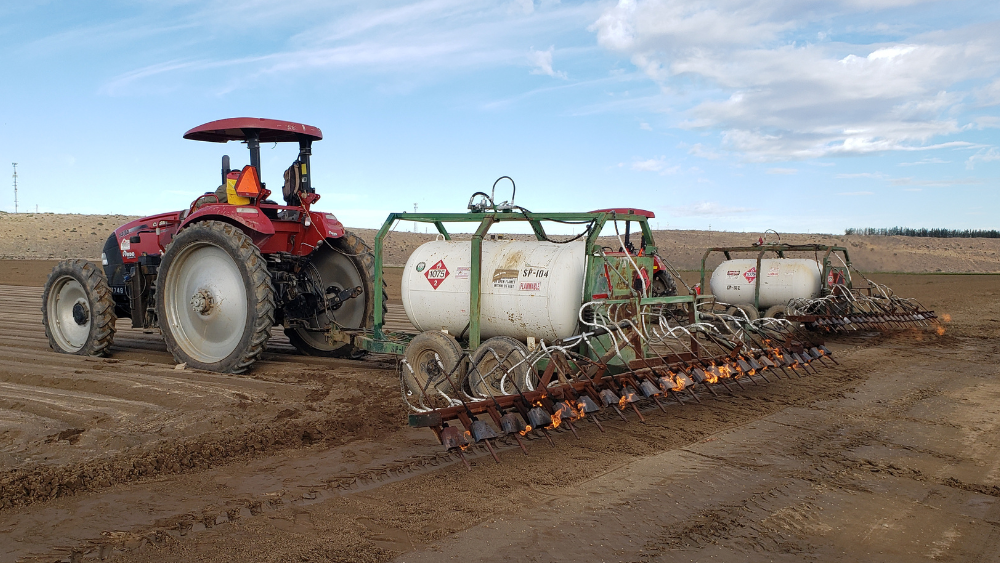Discover the Robust Benefits of Using Propane in Agriculture—From Enhancing Harvest Efficiency to Reducing Environmental Impact.
As the harvest season approaches, many farmers look for efficient and cost-effective ways to manage their operations. Propane, known for its versatility and environmental benefits, emerges as a powerful ally for agricultural activities. Explore how propane can be leveraged during the harvest season, offering farmers a reliable and sustainable energy solution.
Efficiency and Cost Savings

Propane is well-regarded for its efficiency and cost-effectiveness, making it an ideal choice for powering a variety of farm equipment. From grain dryers to irrigation engines, propane can handle multiple agricultural tasks with ease. For instance, using propane-fueled grain dryers can significantly speed up the drying process, allowing farmers to process crops more quickly and reduce losses due to unpredictable weather. This efficiency not only saves time but also cuts down on operational costs, as propane typically costs less than diesel or gasoline.
Environmental Advantages
Propane burns cleaner than other fossil fuels, producing fewer greenhouse gases and particulate emissions. This makes it an environmentally preferable option for farms located in areas with strict air quality regulations. Additionally, propane’s low carbon content helps farmers minimize their carbon footprint, a critical consideration as the agricultural sector seeks to reduce its environmental impact.

Dependability
During the crucial harvest season, equipment reliability is paramount. Propane’s high energy density ensures that machinery operates effectively even under heavy loads. Unlike electric-powered alternatives that might depend on the stability of the grid, propane provides a consistent energy supply that is not subject to external disruptions, ensuring that farm operations can continue smoothly without unexpected downtimes.
Safety and Storage
Propane is also recognized for its safety advantages. It is stored in closed systems, which reduces the risks of spills and contamination—a significant concern with liquid fuels. The robust tanks used to store propane are designed to withstand significant environmental stress, ensuring long-term durability and safety. Furthermore, propane equipment is subject to stringent safety standards and regulations, providing an additional layer of security for farm operations.
Versatility
The versatility of propane is particularly beneficial during harvest. Apart from powering equipment, propane is also used for heating farm buildings and even providing hot water, making it a multi-functional resource on a farm. This versatility ensures that farmers can rely on a single fuel source for various needs, simplifying operations and reducing the need for multiple fuel types.
Looking Forward
As technology advances, propane continues to adapt, with new innovations making it even more suitable for agricultural use. Developments in propane technology promise more efficient engines and appliances, further enhancing propane’s appeal to the modern farmer.
For farmers planning their energy use for the harvest season, considering propane is a smart choice. Its benefits of cost-effectiveness, reliability, and environmental friendliness make it an indispensable resource in the agricultural sector. As more farmers recognize propane’s potential, its role in agriculture is set to grow, helping to power sustainable farming practices across the globe.
